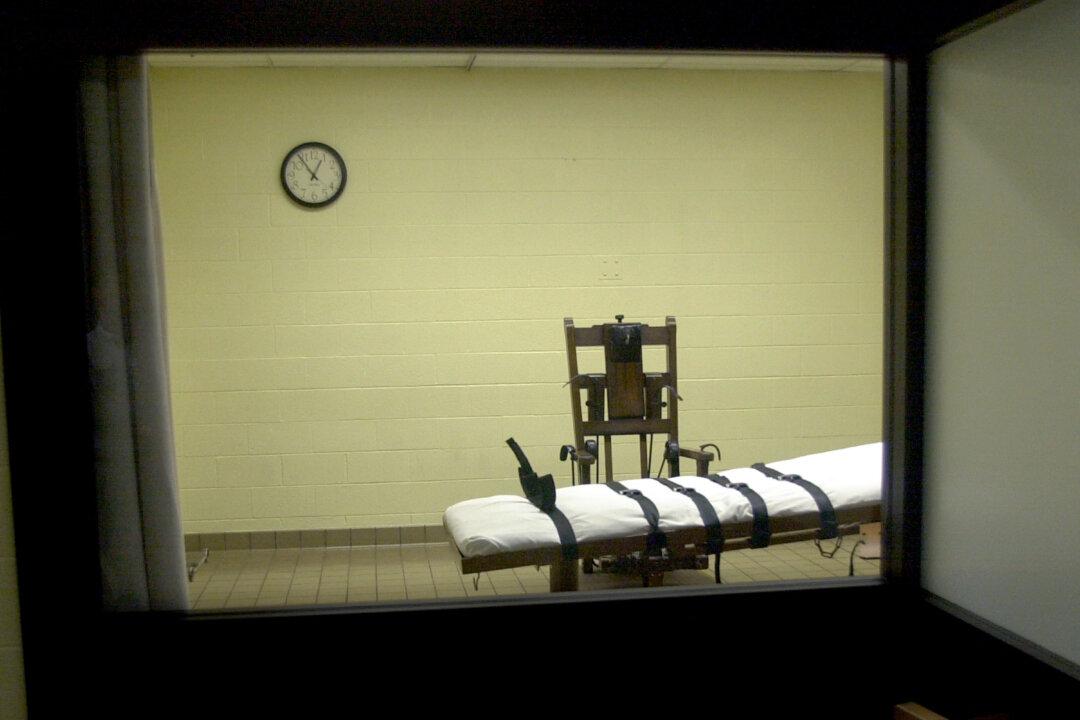The Department of Justice (DOJ) is amending its execution protocols to allow death sentences to be carried out by other methods than just lethal injection—including by electrocution, firing squad, and poison gas.
The new rule, published Friday in the Federal Register and due to become effective on Dec. 24, allows authorities to carry out executions by lethal injection or use “any other manner prescribed by the law of the state in which the sentence was imposed,” with some states permitting methods like inhaling nitrogen gas or death by firing squad.





